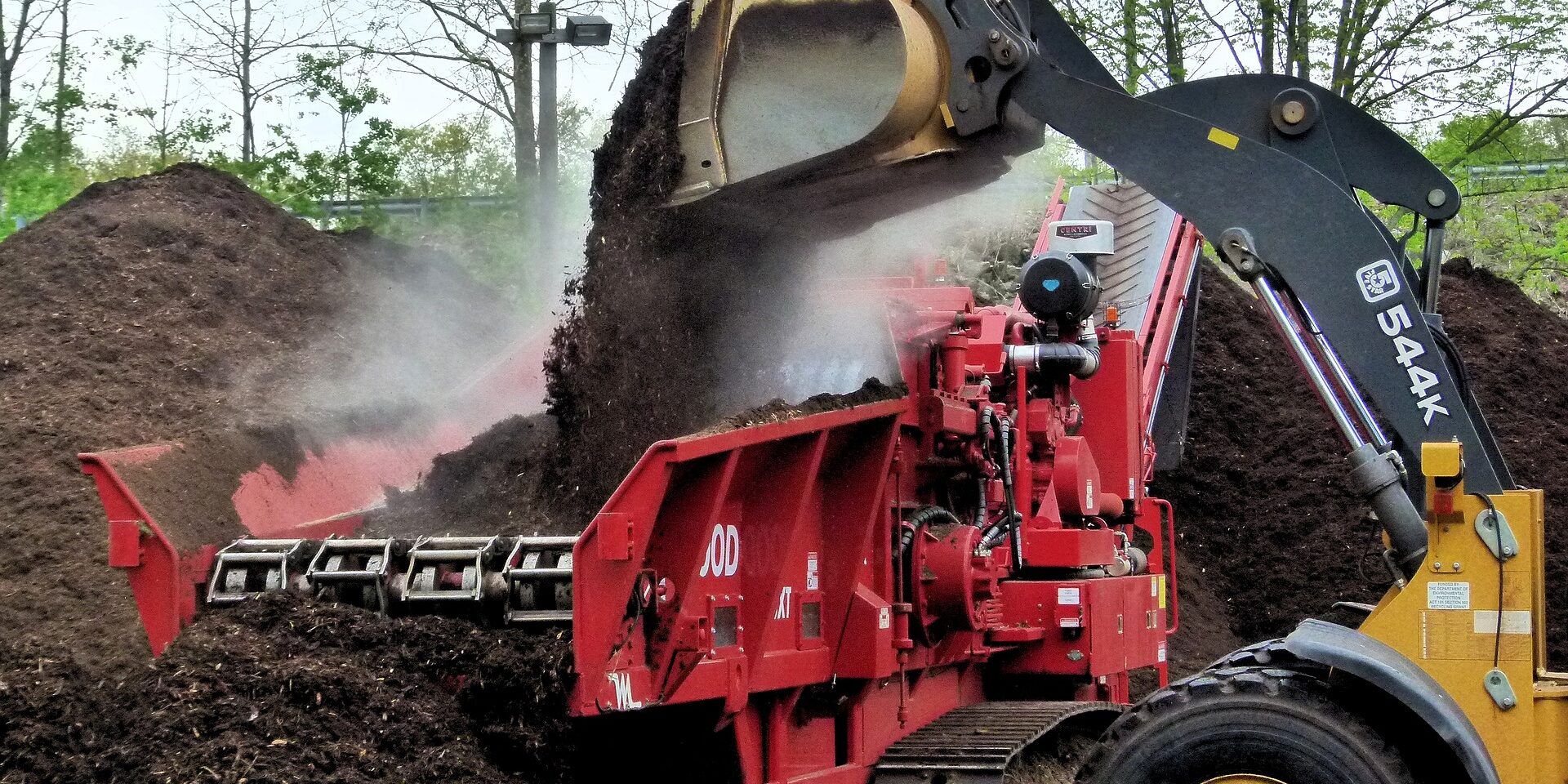(Ocala, FL) Recycle Florida Today (RFT), the state’s leading recycling organization, is pleased to announce its affiliation with the US Composting Council (USCC) as well as with composting leaders in Florida to form a chapter known as the Florida Composting Council. Over the next couple of months, the chapter will be bringing together organics recyclers across the state and creating the platform needed to move the industry forward. “We are excited about the Florida Composting Council Chapter and USCC affiliation to help lead Florida’s efforts in advocacy, education and member training for the goal of advancing composting and organics recycling in the state of Florida,” said Heather Armstrong, executive director for RFT. Florida becomes the 15th chapter of the USCC.
According to industry experts, about 25 percent of the national waste stream is organic material. The concentration of effort on Florida’s composting has considerable potential to remove organics from the waste stream, out of landfills, and incinerators – all potent generators of greenhouse gasses.
“It was only natural to become a partner and share resources to expand the use of organics and, of course, the benefits for the overall environment are tremendous,” said Carmen Bruno, Hernando County, Florida, Solid Waste Operations Manager and RFT chair.
“Creating an alliance in Florida moves us forward as an industry association to advocate for organics policies in the state,” said Jairo E. Gonzalez, industry expert, organics and food waste diversion developer at Waste Pro Green and chapter advisor to the USCC. “Our chapters and the USCC will jointly take positions on proposed regulations, education and advocacy to support the compost industry in the Sunshine State and nationally.”
“The new chapter will help strengthen education and provide tools to the compost operators, for example,” said David Hill, consultant, RFT board director who also serves as the organics and recycling committee co-chair for RFT. “Additionally, we will work to strengthen our backyard composting programs for residences through the new affiliation.”
According to the USCC, once compost is applied to soil in farming, it sequesters carbon from the atmosphere. This makes compost an important tool in the fight against climate change.
“Florida is one of the top agricultural producers in the country,” said Chris Snow, vice president of corporate operations, Veransa, Inc., RFT board treasurer and co –chair of the organics recycling committee. “It makes sense that Florida would put an increased emphasis on large-scale composting, to reuse organic matter that holds water better than manufactured, chemical fertilizers, has the beneficial microbes that support plant growth and supports climate change initiatives.”








